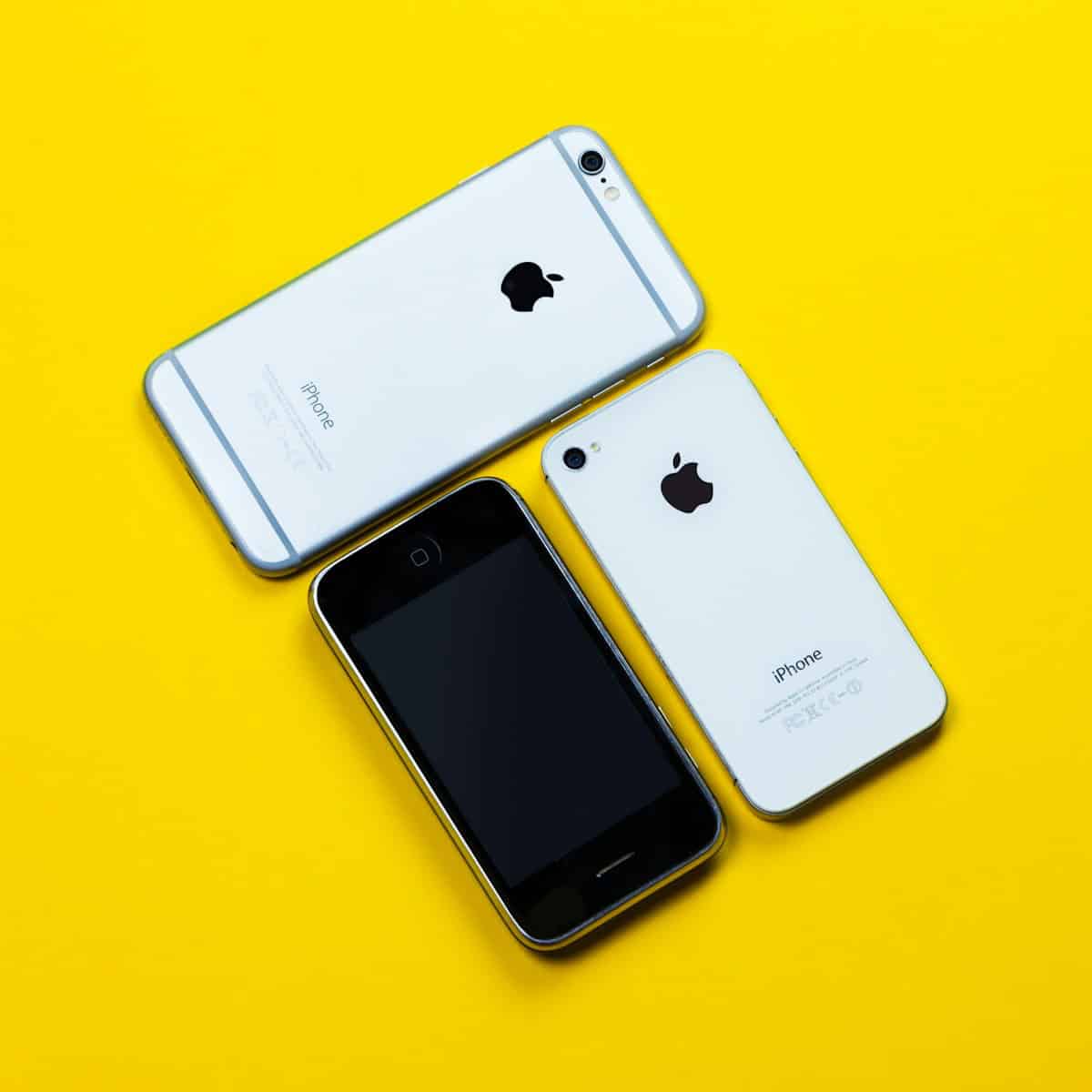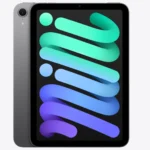Determining the exact model of iPhone you possess is essential if you’re seeking technical support, looking to sell your device, or simply curious about your phone’s capabilities. Apple frequently updates its lineup, introducing new models that come with varying features and specifications. Knowing the specifics of your iPhone can help you utilize it to its fullest potential and understand how it compares to other models on market.
Identifying your iPhone model is straightforward. The process involves a few taps on your device, as Apple provides this information natively within the iPhone’s settings. For users with an iPhone running iOS 12.2 or later, finding the model name takes just seconds. Even those with older devices have accessible options to determine their model based on the phone’s external and software details.
Knowing your exact iPhone model is essential for purchasing accessories, troubleshooting issues, selling your device, or determining software compatibility. With Apple having released 47 different iPhone models as of 2025, identifying your specific device can seem overwhelming. Here’s a comprehensive guide to help you determine exactly which iPhone you own.
Method 1: Check Through Settings (Easiest Method)
This is the quickest way if your iPhone is working:
- Open the Settings app
- Tap General
- Tap About
- Look for Model Name – this will show the plain English name (e.g., “iPhone 16 Pro”)
- Look for Model Number – this shows the A-number (e.g., A3083)
The Model Name gives you the marketing name, while the Model Number is a short code that identifies the hardware family and region.
Method 2: Physical Identification
If your iPhone won’t turn on or you can’t access settings, you can identify it physically:
Check the Back of Your iPhone
- iPhone 8 and later: Look for small text near the bottom
- iPhone 7 and earlier: Check under “iPhone” text
- The model number will be listed (format: A####)
Check the SIM Tray
- Remove the SIM tray using the SIM ejection tool
- The model number is often printed on the tray itself
Method 3: Using Physical Characteristics
Screen Size and Design Features
- iPhone 16 series (2024): Latest models with Action Button and USB-C
- iPhone 15 series (2023): First with USB-C, Dynamic Island on all models
- iPhone 14 series (2022): Lightning port, Dynamic Island on Pro models
- iPhone 13 series (2021): Smaller notch, diagonal camera layout on standard models
- iPhone 12 series (2020): Flat edges, MagSafe compatible
- iPhone 11 series (2019): Rounded edges, dual/triple camera systems
- iPhone XS/XR (2018): Face ID, no home button
- iPhone X (2017): First with Face ID and edge-to-edge display
- iPhone 8/8 Plus (2017): Last with home button and wireless charging
- iPhone 7/7 Plus (2016): No headphone jack, solid home button
Camera Configuration
- Single camera: iPhone SE models, iPhone XR, standard iPhone models through iPhone 11
- Dual camera: iPhone 7 Plus through current standard models
- Triple camera: iPhone 11 Pro and later Pro models
- Action Button: iPhone 15 Pro series and iPhone 16 series
Understanding Model Numbers
Model numbers follow a specific format that indicates region and carrier compatibility:
- A-number: The primary identifier (e.g., A3083)
- Different A-numbers may exist for the same iPhone model depending on region or carrier
- The model number helps determine network compatibility and warranty coverage
Special Cases
iPhone SE Models
- iPhone SE (1st gen, 2016): iPhone 5s body with iPhone 6s internals
- iPhone SE (2nd gen, 2020): iPhone 8 body with iPhone 11 internals
- iPhone SE (3rd gen, 2022): Similar to 2nd gen with 5G capability
When Your iPhone Won’t Turn On
Even if your iPhone is missing parts, won’t turn on, or has no SIM tray, you can still identify it by:
- Physical dimensions and weight
- Camera bump design and layout
- Port type (Lightning vs USB-C)
- Overall design language and materials
Why Knowing Your iPhone Model Matters
Understanding your exact iPhone model is crucial for:
- Compatibility: Ensuring cases, screen protectors, and accessories fit properly
- Software updates: Determining which iOS versions your device supports
- Repairs: Getting the correct replacement parts
- Resale value: Accurately listing your device for sale
- Insurance claims: Providing correct information to carriers or insurance providers
Quick Reference: Recent iPhone Models (2020-2025)
| Model | Year | Key Features | Screen Size |
|---|---|---|---|
| iPhone 16 Pro Max | 2024 | USB-C, Action Button, Triple camera | 6.9″ |
| iPhone 16 Pro | 2024 | USB-C, Action Button, Triple camera | 6.3″ |
| iPhone 16 Plus | 2024 | USB-C, Action Button, Dual camera | 6.7″ |
| iPhone 16 | 2024 | USB-C, Action Button, Dual camera | 6.1″ |
| iPhone 15 Pro Max | 2023 | USB-C, Action Button, Triple camera | 6.7″ |
| iPhone 15 Pro | 2023 | USB-C, Action Button, Triple camera | 6.1″ |
| iPhone 15 Plus | 2023 | USB-C, Dynamic Island, Dual camera | 6.7″ |
| iPhone 15 | 2023 | USB-C, Dynamic Island, Dual camera | 6.1″ |
For the most accurate identification, it’s recommended to check the device itself or consult Apple’s official documentation, especially since model numbers can vary by region and carrier.
By following these methods, you should be able to definitively identify your iPhone model and edition, ensuring you have the right information for any situation where it’s needed.
Key Takeaways
- Identifying your iPhone model helps with support and understanding its features.
- Users can find their iPhone model details in the device’s settings.
- Even older iPhones provide model information through external markings or software details.
Identifying Your iPhone Model
Understanding your iPhone’s model is essential when seeking support or buying accessories. This section guides you through finding your iPhone model using various methods.
Locate the Model Number
To find your iPhone model number, remove the SIM card tray and look for a small printed number beginning with “A.” This is your model number. It’s unique to every iPhone and corresponds to a specific model.
Check the Settings App
You can also find your iPhone model in the Settings app. Go to General > About and look for the Model Number or Model Name entry. This information tells you which iPhone you have without needing to inspect the hardware.
Inspect the Physical Characteristics
Physical characteristics help identify your iPhone. Look for design changes, capacity markings, and colors that match a specific iPhone model. Apple often introduces subtle design updates or new colors with each iPhone release.
Understanding iPhone Specifications and Variants
Different iPhone models come with varying features, designs, and capabilities. Knowing how to identify the model can help you understand its specifications and whether it’s the best fit for your needs.
Comparing iPhone Models
Apple’s iPhone range includes numerous models, each with unique specifications. For example, the iPhone 15 Pro Max has a cutting-edge display and camera features, while the iPhone 8 Plus offers a more traditional design and function. Model numbers, which are unique identifiers, are the easiest way to determine the differences between iPhone models, from the iPhone 4 to the latest iPhone 15 series. In the Settings app, under the About section, tapping the model number reveals its part number, starting with “A” followed by four digits.
Recognizing Differences by iOS Versions
From the iPhone 3G to the latest models, the operating system or iOS version is a key distinguishing factor. Starting with iOS 12.2, users can find their iPhone’s model name directly in their device. The Settings app provides information on the iOS, and new features often come with updates. For instance, the iPhone 6 introduced iOS 8, while the iPhone 13 Pro Max came with iOS 15.
Identifying iPhone by Supported Features
iPhones can also be identified by the features they support. The iPhone 12 Pro introduced MagSafe accessories, and the iPhone XS came with Face ID. The iPhone 15 Plus boasts a 6.7-inch Super Retina XDR display with a Dynamic Island feature. As technology progresses, models like the iPhone 14 Pro Max include features like ProMotion technology and an advanced camera system. Accessing the Settings app and navigating to the About section can provide information about supported features, which help in identifying the iPhone model one has.







